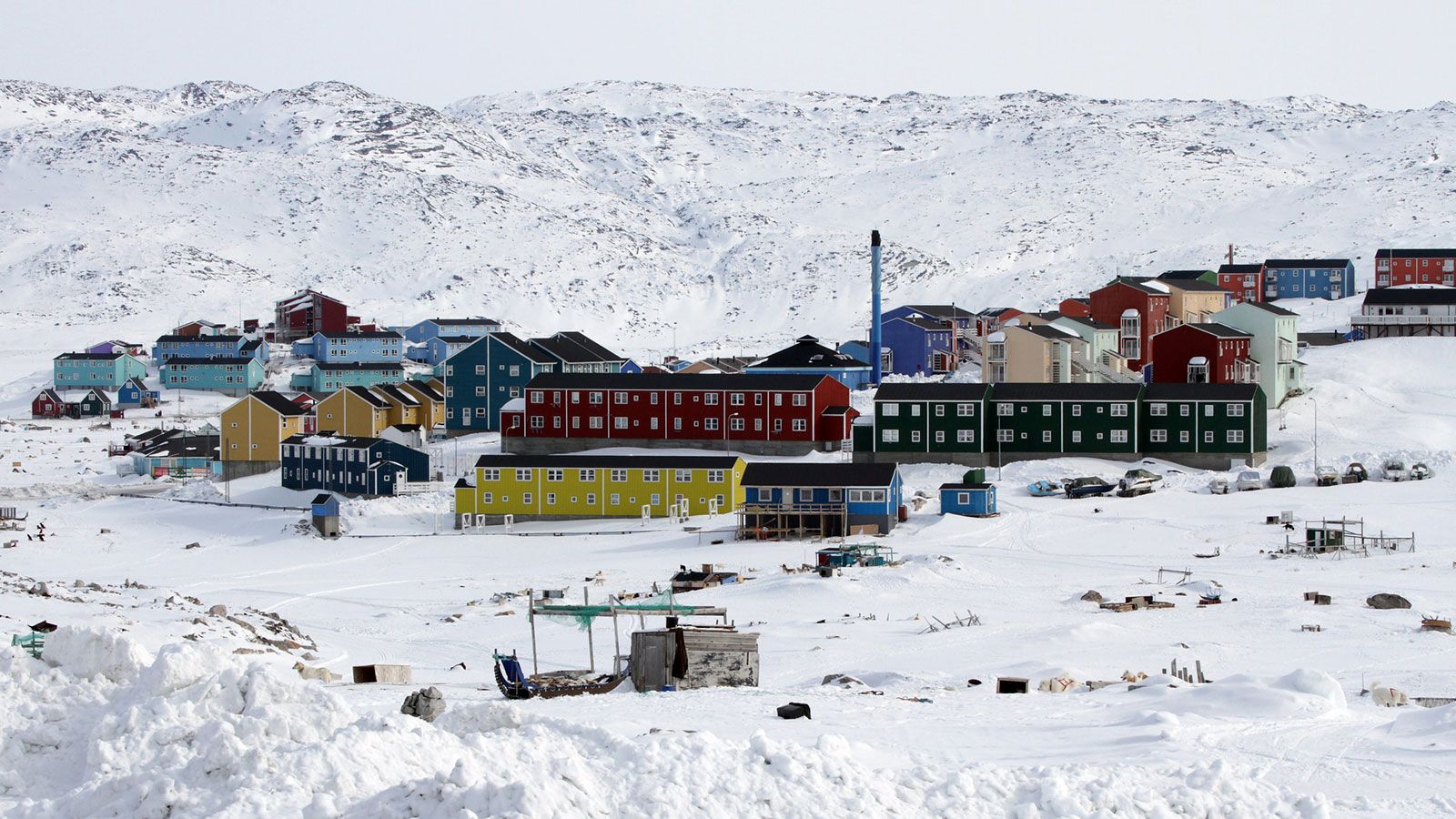After watching films like Forks Over Knives and Vegucated I started researching more about environmentally friendly and vegan based diet.
Based on the World Health Organization (WHO) dietary factors account for at least 30% of all cancers in western countries. Researchers have also discovered that people who avoided meat are much less likely to develop cancer disease.
With so many people /over 7.5 billion people/ sharing limited resources on our planet is important and people have to do whatever they can to help conserve and protect the environment.
How to Become More Environmentally Friendly
To help you get started on going green we put together just a few ideas on how to be environmentally friendly.
According to Wikipedia,
“Environmentally friendly, environment-friendly, eco-friendly, nature-friendly, and green are marketing claims referring to goods and services, laws, guidelines and policies that inflict reduced, minimal, or no harm at all, upon ecosystems or the environment.”
Here are some of the practically effortless ways you can become environmentally friendly and show more care to our earth.

Photo credit: nature.com
Reduce your meat consumption
Adding alternative food, such as more eco-friendly protein sources, to your diet — beans, nuts, and soy products are a few options. Today more and more young people are adopting a vegetarian and vegan lifestyle. But if you are struggling with switching your diet and reducing meat consumption, a good start would be flexitarian diet, where you reduce meat consumption to two or three days a week. This is a painless way to consume less meat and improve your health, reduce your carbon footprint and protect the environment.
Dispose of Chemicals Correctly
There are many different types of hazardous waste, such as ignitability, corrosivity, reactivity, toxicity. And some chemical products can be hazardous after they’ve been disposed of.
Hazardous chemicals like paint, oil, ammonia and other chemical solutions when disposed openly, can cause pollution in the air and water. The polluted air and water can have serious consequences on human health.
Many household cleaners, including medications, aren’t safe and environmentally friendly to put down the drain. These things cause pollution that is more difficult for water treatment centers to remove from the water. Keep your water supply clean and free from pollution!
Reduce Energy Consumption
Make sure you turn off what you aren’t using
To save energy, make sure lights, TVs and other electronics are turned off when you aren’t using them. You can further save energy by unplugging the appliances you don’t use frequently. Use LED bulbs.
Don’t waste food
In the United States, food waste is estimated at between 30-40 percent of the food supply. While in the UK, almost 5% of people have gone more than a full day without food due to financial difficulties.
You can help to reduce food waste by simply, using a stainless steel lunchbox to keep your leftovers for your next meal. This way you not only save time and money but also cut down on waste.
Swap plastic water bottle with a stainless steel bottle
This not only helps you save some money in the long run but also helps reduce plastic use.
The plastic ends up in the ocean, where it damages marine life and forms enormous plastic islands with the size of Texas. A simple stainless steel water bottle is a sturdy and cost-effective alternative to buying bottled water.
Buy Recycled Products
When you shopping, online or from the store, try to buy products that are made up of recycled materials with minimal packaging i.e. the product should be environment-friendly. Check if the product was made from recycled materials or the use of plastics or chemicals was involved in its production.
Use Your Car Less
The average American puts more than 10,000 miles on their car each year, with the largest share of miles coming from commuting to and from work most days of the week. All of that adds up to some serious pollution and lasting environmental damage. Many cities have or are in the process of adding improved public transit systems. Using public transit and going green means fewer vehicles on the road, lower emissions, cleaner air, and — bonus — a chance to avoid feeling road rage when someone cuts you off in rush hour traffic.
Use a carpooling service like BlaBlaCar to find other travelers going in the same direction. Not only you are helping the environment, but it also allows you to split travel costs.

Photo credit: Freepik
Use Reusable Shopping Bags
Plastic grocery bags are really harmful to the environment and wildlife, and it can take over a century to break down. Next time you go to the store bring with you environmentally friendly reusable grocery bags. If you forget to bring your reusable bags and end up using plastic ones, take them to a drop off area where they can be recycled properly. Plastic bags should not end up in the landfill or on the ground
Replace Paper Tower with Cloth
As Oceanconservancy stated more than 13 billion pounds of paper towels are used in the United States alone each year. Unfortunately, paper towels cannot be recycled because they are usually made from already recycled paper pulp. So next time when you think of reaching for a paper towel to wipe up a spill, use an eco-friendly dishcloth.
Turn off the tap
Get rid of the bad and start turning off the faucet while brushing their teeth or shaving. It saves a ton of water in the long run.
Photo credit: Pixabay from Pexels
Follow us or read our posts to learn more about other ways you can be more Environmentally Friendly




 Photo credit: Murray Foubister /
Photo credit: Murray Foubister / 










